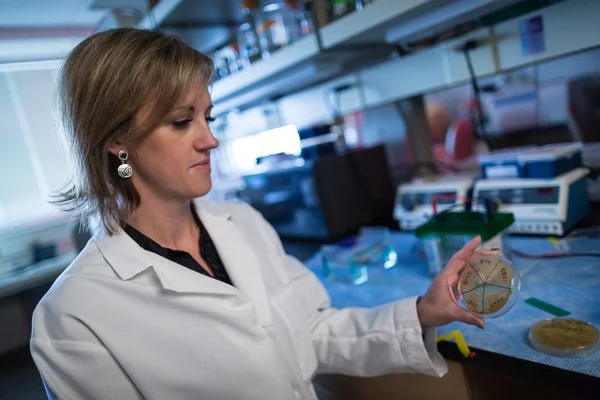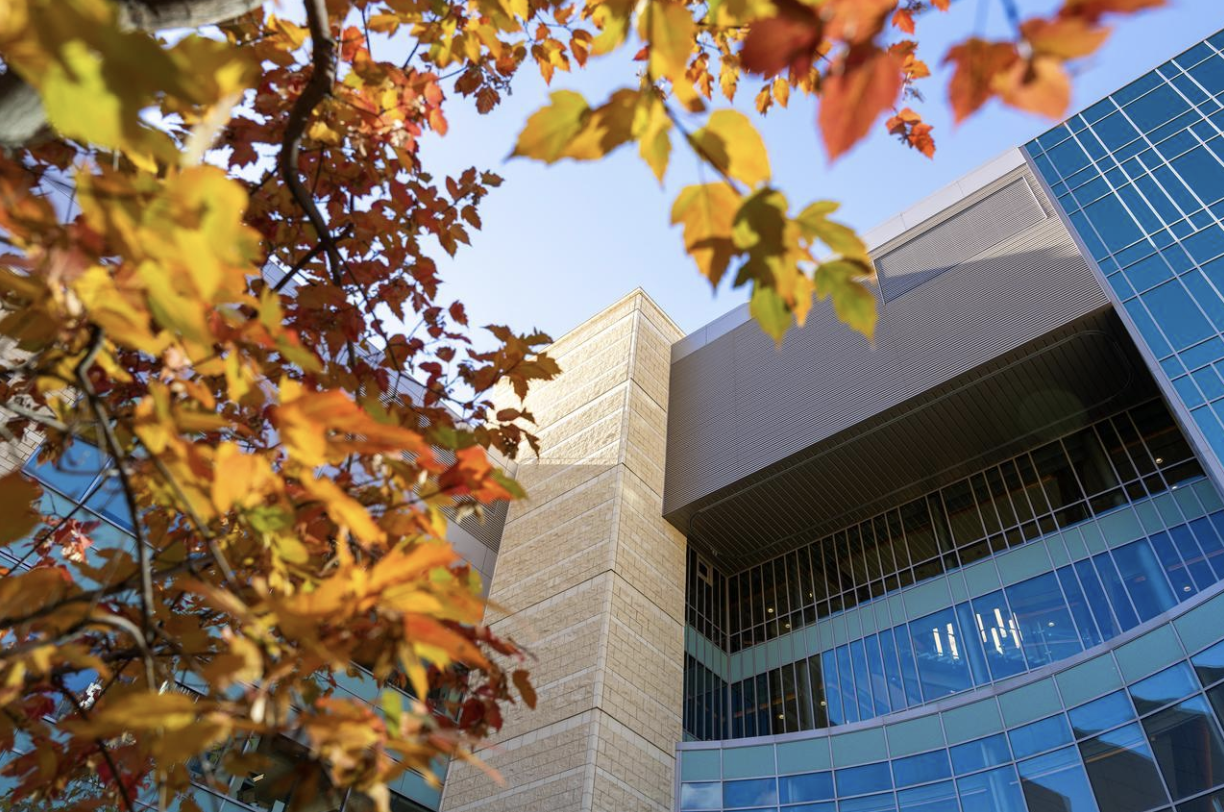News & Events
Join us?
We are hiring an Assistant, Associate, or Full Professor of Microbiology & Immunology
The Division of Microbiology and Immunology (M&I) in the University of Utah’s Department of Pathology and the Huntsman Cancer Institute (HCI) invite applications for a new tenure-track faculty position at any level that focuses on the intersection of Cancer and Microbiota.
Upcoming Events Calendar
MAGIC Interest Group Seminar Series
February 27th, 2025 at 12:00 PM
Speakers: JB Lubin
HCI Research South Auditorium
MAGIC M&I Seminar Series
March 7th, 2025 at 12:00 PM
Speaker: Craig Maynard
HSEB 2600
News
-

New List ItemEarly-life gut microbes may protect against diabetes, research in mice suggests
Description goes herehe microbiome shapes development of insulin-producing cells in infancy, leading to long-term changes in metabolism and diabetes risk, new research in mice has found.
The results could ultimately help doctors reduce the risk of type 1 diabetes—or potentially even restore lost metabolic function in adulthood—by providing specific gut microbes that help the pancreas grow and heal.
-

Woodrats use ‘quantity over quality’ as a detox plan
Woodrats (Neotoma spp.) are one of the only animals that can tolerate large quantities of creosote, a shrub with leaves coated in a chemical cocktail of poisonous resin. The critter’s constitution has astounded biologists and represents a decades-long debate—over evolutionary time, how do animals adapt to a deadly diet? Do detoxification enzymes become more specialized or more abundant?
-

Microbiome Seed Grants Kickstart Collaborative Science
A healthy human adult contains about 100 trillion bacterial cells, plus plenty of viruses, fungi, and other microscopic organisms. Together, they make up the microbiome, a vast community that changes how we digest food, how we respond to disease threats, and even how we think. But scientists are just scratching the surface of how our microscopic roommates affect our health.
-

Tailocins: The next generation of antibiotics could come from viruses that infect bacteria
Description goes hFrom multicellular organisms, like us humans, to single-cell bacteria, living things are subject to attack by viruses. Plants, animals and even bacteria have evolved strategies to combat pathogens, including viruses that can threaten health and life. Talia Backman, a University of Utah doctoral candidate wrapping up her final year in the School of Biological Sciences, found her project and niche in studying bacteria and the viruses that infect them.
-

New Innovator Award Recognizes High-Risk, High-Reward Project to Measure Environmental Impacts on Health
Our environment has a profound effect on our health, but the specifics of those effects can vary widely from person to person. Wildfire smoke that one person might find merely annoying could be debilitating to another. And the variable health consequences of environmental exposures aren’t always immediate or obvious, even when serious.
-

In search of new microscopy tools to observe how cells function
Two labs at the University of Utah’s Department of Chemistry joined forces to improve imaging tools that may soon enable scientists to better observe signaling in functioning cells and other molecular-scale processes central to life.
-

Pioneering the Future: Rethinking Obesity
High-impact discoveries at University of Utah Health are transforming how we think about the causes of diabetes and solutions to combat the disease. These advances could hardly come at a better time. The disease is a big problem in the U.S., leading to an estimated $327 billion in health care costs. What’s more, while 1 in 10 American adults have diabetes, 1 in 3 have prediabetes, a sign that they are well on their way to developing the disease.
-

Autism’s Missing Microbes May Influence Social Behavior by Protecting the Gut
For people with autism, constipation, diarrhea, and abdominal pain often go along with the social struggles and repetitive behaviors that define the condition. This has prompted many to wonder whether gastrointestinal (GI) problems arise due to autism’s behavioral or sensory features, or whether they might instead contribute to them.
MAGIC Newsletters
-

November
-

October
-

September
Subscribe to our newsletter.
This newsletter is designed to provide updates to the MAGIC community about upcoming events or accomplishments of MAGICians. If you have content to share, please email Nicole Frank.


